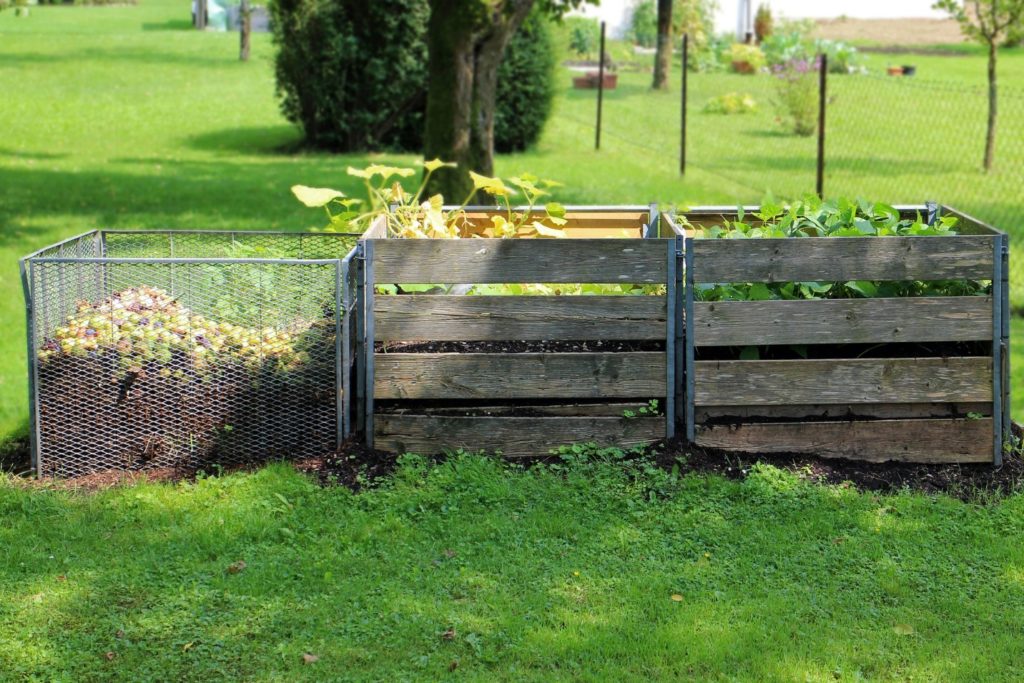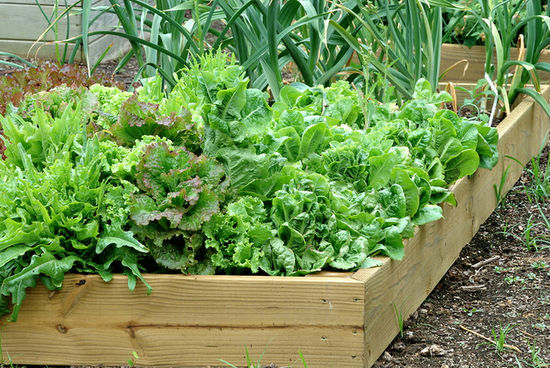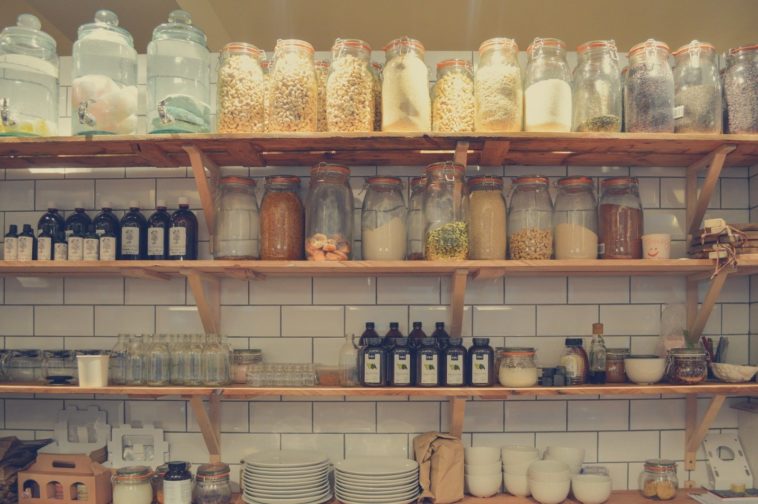With more and more people having to work from home due to the pandemic, this is a great opportunity to start helping your kitchen become more eco-friendly. But where do you start? There are countless tips and tricks out there, but here are 5 effortless eco friendly kitchen tips that require little effort.
There are a lot of aspects to a sustainable lifestyle, from the products you use to the food you eat, to your mode of transportation. In order to fully live a sustainable life, you may make tangible changes to the structure of your home to reduce energy consumption, or you may begin with behavioral adjustments. Many folks will find a healthy mix of both, and the best place to do that is in the kitchen.
Your kitchen is where you can kickstart your eco-consciousness through your choices of appliances, food, waste disposal, and more. Plus, the benefits go beyond your health. Living an eco-friendly lifestyle can improve your personal impact on the planet, reduce homeowner costs, and even boost the value of your home. Especially if you plan to sell your home down the road, it’s helpful to know that more and more home buyers are looking for homes with eco-friendly features, especially when it comes to the kitchen.
Are you ready to be environmentally friendly in your home? Here are 5 effortless Eco-Friendly kitchen tips for your kitchen.
1. Energy-efficient appliances
Appliances are some of the largest contributors to your home’s energy consumption. If your appliances are aging into double-digits, they are especially susceptible to eating more energy.
Newer refrigerators, for example, use about a third of the energy they used decades ago, meaning simply replacing your fridge with a newer model could reduce your energy consumption significantly.
To give even more clarity to consumers, the EPA created an ENERGY STAR rating that only energy-efficient appliances can obtain. ENERGY STAR appliances can slash energy consumption and costs by 20%, ensuring you get the best performance without wasting any power or money.
When considering a revamp of your most-used appliances, take a hard look at the age and condition of your refrigerator, dishwasher, stove, or any other kitchen device. Replace any necessary appliances with energy-efficient ones. While they can be relatively expensive to replace, you can save hundreds of dollars annually. As a homeowner, you can also check out your home warranty to see if appliances are covered under your existing policy.
2. Composting

One of the first things you can do in your kitchen to help cut down on waste is to compost anything you use that can be composted. You can set up composting right in your kitchen with a simple system. If you live in an apartment, you can still do it. Some areas have drop-off places where you can drop off your compostable materials too.
3. Natural cleaning products

Another element of home living that isn’t necessarily eco-friendly is our cleaning products. Most of the time, these contain chemicals that are very hazardous, like ammonia, caustics, formaldehyde, and bleach. These chemicals have been known to harm the environment, as well as cause allergic reactions and other serious health conditions for humans and pets alike.
Homemade cleaning products can be made from kid-friendly and pet-friendly natural ingredients, such as baking soda and vinegar. Scents and fragrances can also be added with essential oils. These ingredients are often used in popular homemade recipes for all-purpose cleaners, glass cleaners, and stain removers.
Creating your own cleaners at home allows you to take advantage of biodegradable ingredients that are better for the environment. You can also recycle containers with this method and in turn produce less waste. Not to mention, the lack of harmful chemicals prevents your family from running into any health hazards or sensitivities.
4. Eco-friendly cookware
You can incorporate eco-friendly materials in your kitchen beyond just your appliances. Lots of commonly used cookware products contain Teflon, which is a harmful material in many non-stick pots and pans. This is known to release toxic chemicals into your food and into the air, making it essential to replace any of these items with non-toxic products.
It can take a while to swap out all of your Teflon products with greener cookware, however, you should start with your most-used cookware and replace those with safer alternatives first.
Alternatives to non-stick pans are built from ceramics, glass, silicon, or stone. When buying, be sure to check for certain coatings on cookware, as those can be equally unsafe.
To be greener in regards to your cookware items, consider buying individual items instead of sets with pots and pans you don’t necessarily need or don’t often use. Take it a step further by replacing everyday kitchen items with biodegradable ones. Think about swapping plastic wrap for reusable food wraps, storage bags for glass containers, and reusable unpaper towels instead of paper towels and napkins.
5. Grow your own food

The best way to consistently practice composting, recycling, and a green lifestyle, in general, is to grow your own food. It can be relatively inexpensive to build a garden in your backyard, or you can go the extra mile and build a greenhouse to keep your foods protected and in the perfect environment.
When gardening, go organic – use as few chemicals as possible. Build nutrient-rich soil from your compost and be sure that your garden is in a location where fruits and vegetables can best grow.
Save the seeds over the winter so you can sustain the garden. Any food or herbs you grow here will contribute to healthier recipes made in the kitchen, and a healthier diet overall.
Growing your own food means fewer trips to the grocery store, fewer miles on your car, and fewer greenhouse gases emitted into the atmosphere. Not only that but having your own food source guarantees you know where the food is coming from and the materials used in nurturing it.
Composting will save you money on groceries, encourage you to eat more homegrown fruits and vegetables, and give you an opportunity to spend quality time outdoors with your family.
A green kitchen makes for a greener, healthier, happier lifestyle. Look for ways to cut back on waste, recycle, and improve your impact on the planet.

